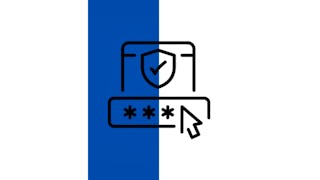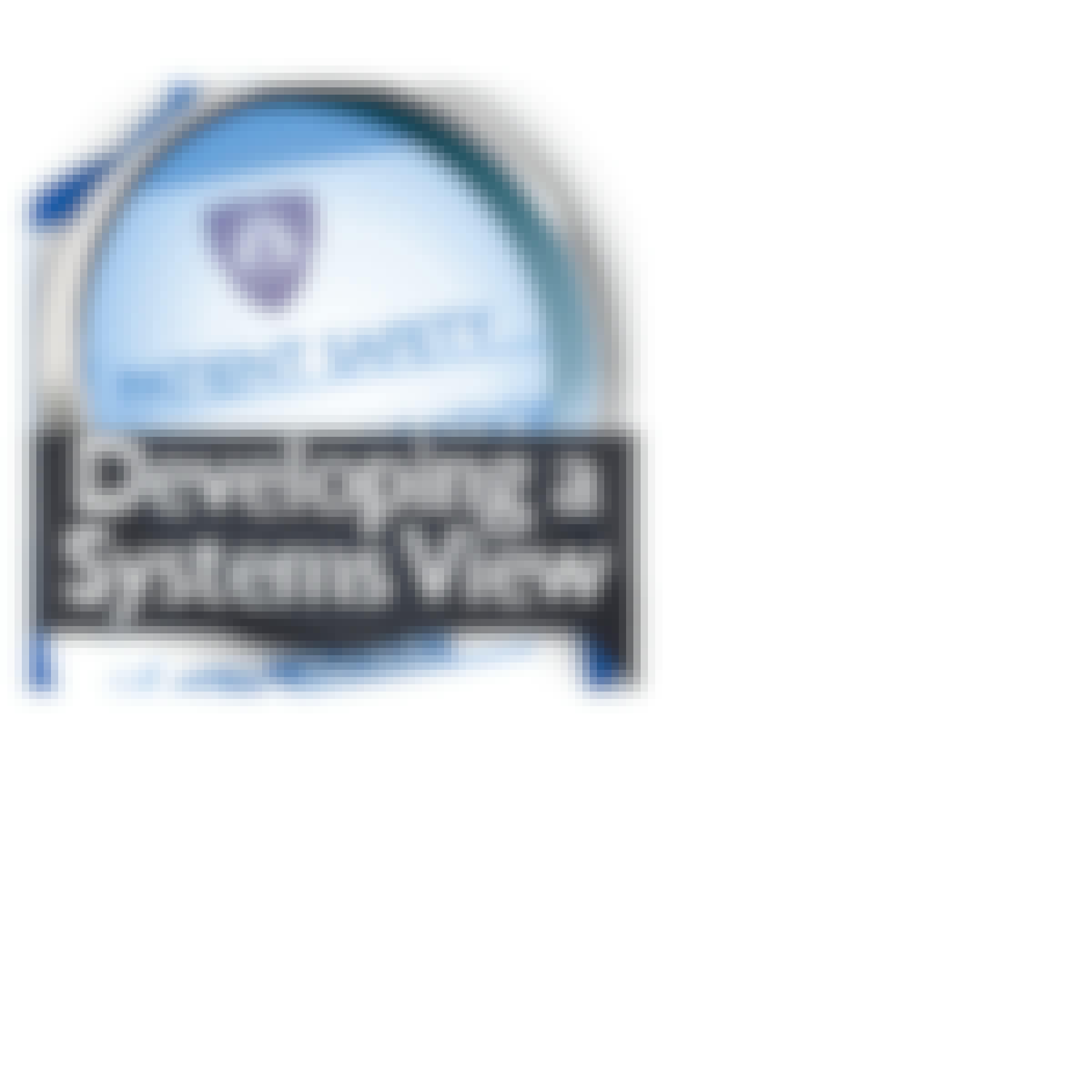Filter by
SubjectRequired
LanguageRequired
The language used throughout the course, in both instruction and assessments.
Learning ProductRequired
LevelRequired
DurationRequired
SkillsRequired
SubtitlesRequired
EducatorRequired
Results for "conducting safety and hazard analyses to mitigate risks."

Johns Hopkins University
Skills you'll gain: Patient Safety, Stakeholder Engagement, Change Management, Conflict Management, Systems Thinking, Solution Design, Health Systems, Data Analysis, Corrective and Preventive Action (CAPA), Risk Analysis, Data Presentation, Safety Assurance, Nursing Management, Continuous Quality Improvement (CQI), Data Visualization Software, Risk Management, Patient Flow, Safety Training, Collaboration, Health Care
 Status: Free
Status: FreeCoursera Instructor Network
Skills you'll gain: Occupational Safety and Health Administration (OSHA), Occupational Safety And Health, Safety Training, Health And Safety Standards, Safety Culture, Compliance Management, Regulatory Compliance, Labor Law
 Status: Free
Status: FreeStanford University
Skills you'll gain: Cooking, Nutrition and Diet, Preventative Care, Food and Beverage, Public Health and Disease Prevention, Behavioral Health, Clinical Nutrition, Chronic Diseases

Skills you'll gain: Threat Management, Cybersecurity, Risk Management Framework, Risk Management, Business Risk Management, Incident Response, Vulnerability Management, Security Information and Event Management (SIEM), Security Controls, Continuous Monitoring, Information Systems Security, Enterprise Security, Risk Analysis, Threat Detection, Information Assurance, Open Web Application Security Project (OWASP), Auditing

Skills you'll gain: Large Language Modeling, Artificial Intelligence, Generative AI, Data Ethics, Artificial Intelligence and Machine Learning (AI/ML), Applied Machine Learning, Deep Learning, Artificial Neural Networks, Governance, Prompt Engineering, Machine Learning, Automation, Digital Transformation, Business Transformation, Business Technologies, Ethical Standards And Conduct, Computer Vision, Emerging Technologies, Natural Language Processing

University of California, Davis
Skills you'll gain: Chemical Engineering, Process Engineering, Hazard Communication (HazCom), Safety Assurance, Occupational Safety and Health Administration (OSHA), Risk Management, Environment Health And Safety, Failure Analysis, Accident Prevention, Risk Analysis, Engineering Practices, Risk Control, Engineering Analysis, Pollution Prevention, Equipment Design, Environmental Engineering, Reliability, Engineering Calculations, Process Analysis, Mathematical Modeling
What brings you to Coursera today?
 Status: New AI skills
Status: New AI skillsGoogle
Skills you'll gain: Threat Modeling, Network Security, Threat Management, Incident Response, Vulnerability Management, Computer Security Incident Management, Hardening, Intrusion Detection and Prevention, Cyber Threat Intelligence, Cyber Attacks, Cybersecurity, Network Protocols, Cloud Security, Vulnerability Assessments, Threat Detection, Bash (Scripting Language), Operating Systems, Security Controls, Debugging, Python Programming

Multiple educators
Skills you'll gain: Unsupervised Learning, Supervised Learning, Machine Learning Methods, Classification And Regression Tree (CART), Artificial Intelligence and Machine Learning (AI/ML), Applied Machine Learning, Machine Learning Algorithms, Machine Learning, Jupyter, Data Ethics, Decision Tree Learning, Tensorflow, Scikit Learn (Machine Learning Library), Artificial Intelligence, NumPy, Predictive Modeling, Deep Learning, Reinforcement Learning, Random Forest Algorithm, Feature Engineering

Johns Hopkins University
Skills you'll gain: Patient Safety, Systems Thinking, Health Systems, Safety Assurance, Health Care, Healthcare Industry Knowledge, Accident Prevention, Continuous Quality Improvement (CQI), Risk Analysis
 Status: Free
Status: FreeDeep Teaching Solutions
Skills you'll gain: Learning Strategies, Time Management, Human Learning, Willingness To Learn, Productivity, Growth Mindedness, Mental Concentration, Creativity, Problem Solving, Self-Discipline, Cognitive flexibility, Stress Management

University of California San Diego
Skills you'll gain: Data Structures, Graph Theory, Algorithms, Network Routing, Program Development, Debugging, Network Model, Bioinformatics, Operations Research, Data Storage, Development Testing, Test Engineering, Software Testing, Theoretical Computer Science, Computational Thinking, Network Analysis, Test Case, Programming Principles, Computer Programming, Epidemiology
 Status: New
Status: NewSkills you'll gain: Prompt Engineering, Generative AI, Data Wrangling, Large Language Modeling, Unit Testing, Supervised Learning, Feature Engineering, Keras (Neural Network Library), Deep Learning, ChatGPT, Natural Language Processing, Data Cleansing, Jupyter, Data Analysis, Unsupervised Learning, Data Manipulation, PyTorch (Machine Learning Library), Artificial Intelligence, Data Import/Export, Data Ethics
In summary, here are 10 of our most popular conducting safety and hazard analyses to mitigate risks. courses
- Patient Safety: Johns Hopkins University
- Introduction to OSHA: Safety Standards and Compliance: Coursera Instructor Network
- Stanford Introduction to Food and Health: Stanford University
- Play It Safe: Manage Security Risks: Google
- Introduction to Artificial Intelligence (AI): IBM
- Chemical Hazards and Process Safety: University of California, Davis
- Google Cybersecurity: Google
- Machine Learning: DeepLearning.AI
- Patient Safety and Quality Improvement: Developing a Systems View (Patient Safety I): Johns Hopkins University
- Learning How to Learn: Powerful mental tools to help you master tough subjects: Deep Teaching Solutions










